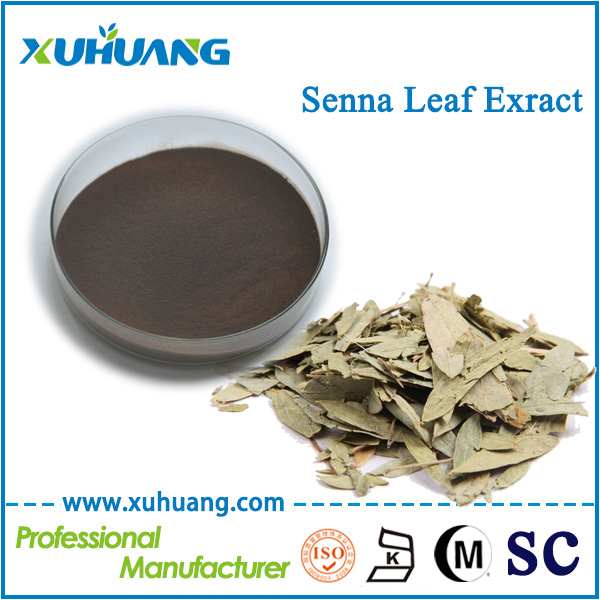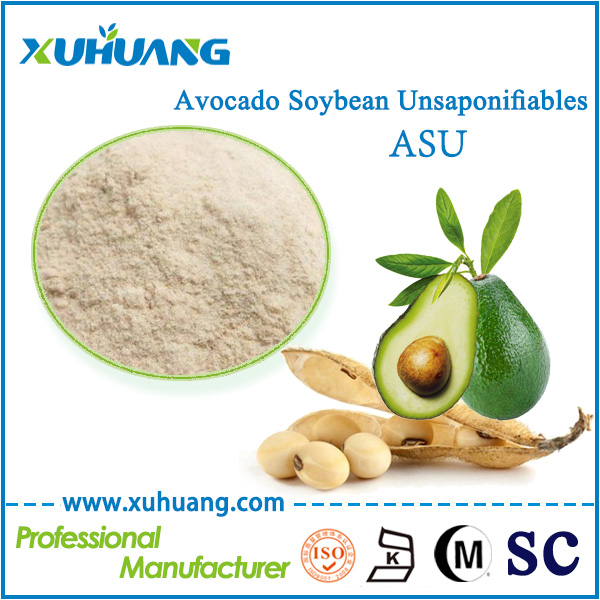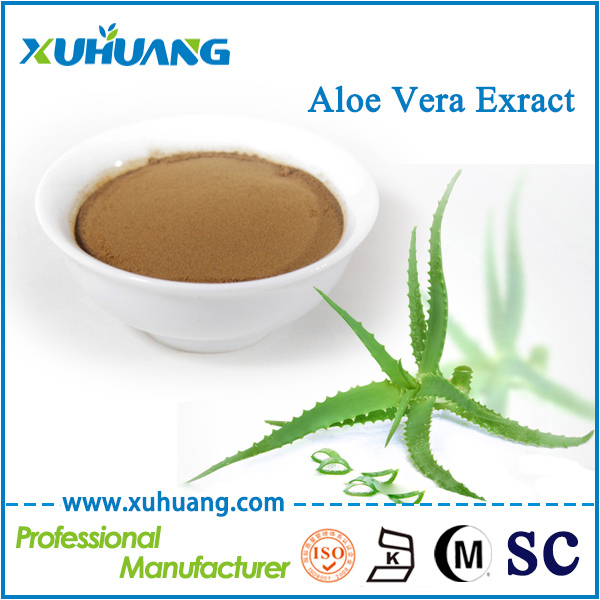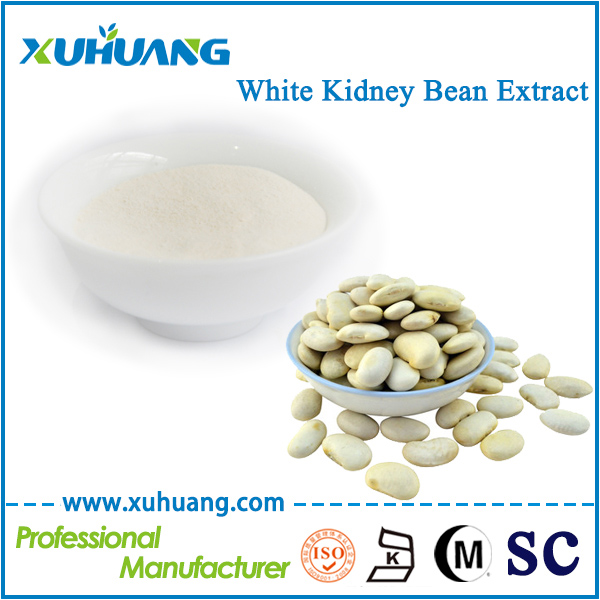♥ More informations of senna leaf extract:
Senna is a genus of desert flowering plants formerly known as Cassia spp. that consists of
approximately 250 individual species now collectively known as the sennas. Generally speaking,
senna leaf refers to an herb remedy obtained from Senna alexandrina. While many other senna
species have a long historical use in folk medicine, S. alexandrina is the variety best known for
treating constipation.
The purgative action of senna leaf is primarily due to the presence of organic anthraquinones in
the form of various glycosides, including hydroxyanthracene, dianthrone, and naphthalene
glycosides. Senna also contains a group of glycosides referred to as simply sennosides. These
compounds stimulate the smooth muscles that transport digested food through the intestines,
thereby contributing to enhanced stool volume and an increase in peristaltic contractions to move
it out of the colon. These actions stem from two events: An increased production of acetate,
proprionate and butyric short chain fatty acids to promote fermentation, or digestion; and the
successful conversion of glycosides into a powerful purgative agent known as rheinanthrone.
Constipation
If you have fewer than three bowel movements per week or your stools are harder than usual,
you may have constipation, according to the University of Maryland Medical Center. Stress, chronic
disease, or certain medications may cause constipation. Inadequate fiber or fluid intake and lack
of physical activity can also contribute. If constipation lasts for more than a few days, talk to your
doctor about what might be causing it.
Senna and Constipation
Senna may relieve constipation by stimulating the muscles of the colon to push fecal matter
through more quickly. It may also help your colon absorb water to soften stool. You may expect a
bowel movement within six to 10 hours of taking senna, according to the National Cancer Society.
Active compounds in the senna plant, called sennosides, may be responsible for its laxative effect.
Side Effects
Senna can cause diarrhea, which may lead to dehydration and electrolyte imbalance. You may
experience nausea or vomiting, although these issues are less common. Some people may be allergic
to senna leaves. The color of your urine may change while you are taking senna laxatives, but should
go back to normal when you stop. Avoid using senna for long periods of time, as chronic use may
impair the normal function of your colon, cautions the American Cancer Society. Consult with your
doctor before using senna if you are pregnant or nursing.
Recommendations
Before you consider using senna for constipation, make sure you are consuming enough fiber and
water every day. Aim for a total dietary fiber intake of at least 25 grams daily for women and 38
grams per day for men, advises the US Department of Agriculture. Increase your fiber intake
gradually and drink at least eight glasses of water daily to avoid potential side effects of fiber, such
as gas and bloating. The more fiber you consume, the more fluids you should drink, says the
Academy of Nutrition and Dietetics.
♥ Functions and the senna leaf extract:
1. Cathartic effect: senna infusion contains anthraquinone derivatives, its cathartic effect and
irritation more than other laxatives.
2. Antibacterial inhibition: senna extract alcohol resistant variety of bacteria such as staphylococcus,
diphtheria bacillus, typhoid bacillus, paratyphoid bacillus, and escherichia coli, the water extract
useful only for Salmonella typhi.
3. Hemostasis: senna powder can increase platelet and fibrinogen, reduced clotting time,
recalcification time, prothrombin time and blood clot contraction time, help to stop the bleeding
4. Muscle relaxation: senna can block acetylcholine at the motor nerve terminals and skeletal
joints, so that muscle relaxation.
♥ Applications of the senna leaf extract:
1. Applied in food field, senna tea is widely used to treat constipation;
2. Applied in health product field, to be added into health products to relaxe the bowels;
3. Applied in pharmaceutical field, for the treatment of acute pancreatitis, bacillary dysentery
and cholecystitis.




